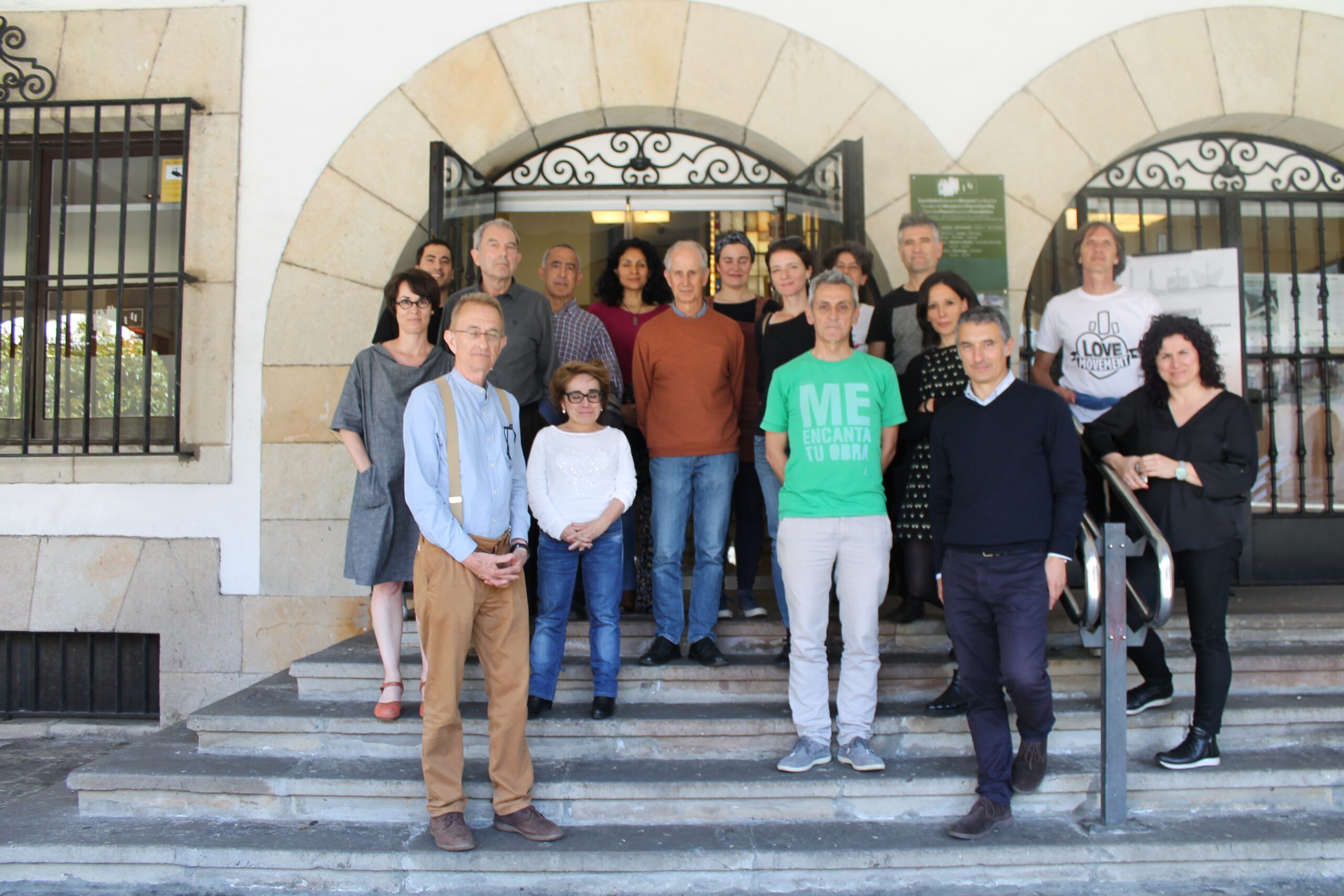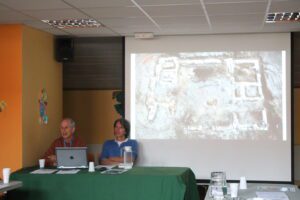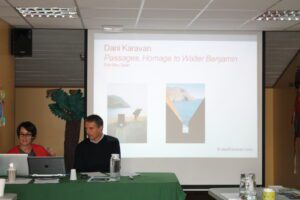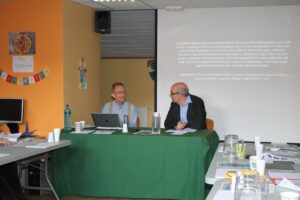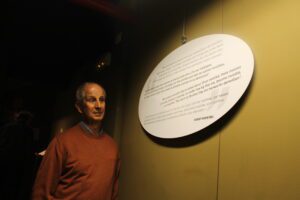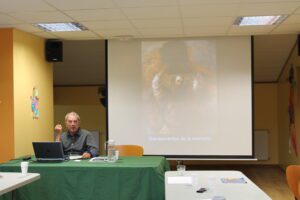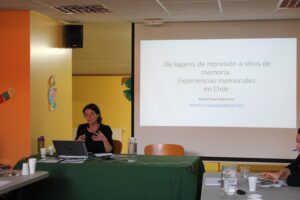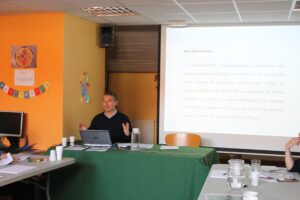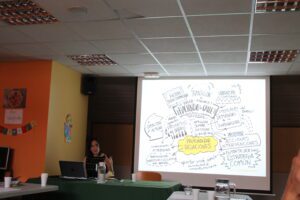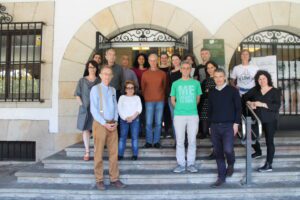Art, Memory and public space
How could we portray what has disappeared, what is no longer there, what is absent and has been erased by time? How to explain horror, a trauma whose description only in words will never
do it justice? How to fill the ethical vacuum in an anomic society that does not remember the value of the struggle for freedom carried out by previous generations? Art has become
an essential element in order to answer these questions. Actions promoted by art have evolved according to their time and place: Holocaust,
the victims of the Spanish Civil War, anti-francoism… They are neither remembered nor portrayed today as they were back in time. The use of the past
through art has no longer a meaning only perceived by restricted social spheres, for it involves instead a wider range of citizens aiming at a more active social role that is committed with the democratic memory. Public space has become the most appropriate scenery, the citizens´ agora where people walk, meet, debate, make claims, celebrate, love, and live. The public space is the optimal area to carry out these artistic actions, to trigger assaults in the agora, and socially enable or disable the rocks though the socalled countermonuments.
These are some of the experiences that will be analysed in these seminars: their evolution, how they have (or have not) been able to query, cast doubt, and make people get away from their pleasing comfort, and start questioning the world around them. Experts and artists from different places in Europe will tell us about their experiences and work.
The participating partners and collaborators of the European Observatory on Memories (EUROM) have chosen a new formula, the ‘diffuse seminar’, a proposal travelling in space and time promoted by the most active members regarding citizen memory and Human Rights: the Gernika Peace Museum, the City Council of Granollers, and the Government of Navarra, together with the aforementioned EUROM.
PROGRAM 2 June 2018
9.30-9.45 Presentación del Seminario. Iratxe Momoitio Astorkia.
Directora del Museo de la Paz de Gernika.
09.45-11.00 Horz Hoheisel y Andreas Knitz. Artistas y arquitectos
”From the crushed history to the moving monument” (*)”De la historia aplastada al monumento en movimiento”.
11.00-11.15 Questions.
11.15-11.30 Coffee break
11.30-12.00 Dominique Trouche. Université Paul Sabatier (Toulouse)
”War memorials: perspectives on contemporary representation” (*)”Los monumentos en memoria de las guerras: enfoque transversal de las representaciones”.
12.00-12.15 Questions
12.15-13.00 Jochen Gerz. Artist
”Your contribution” (*)”Tu contribución”.
13.00-14.00 Discussion on the morning’s topics.
14.00-16.00 Lunch break
16.00-16.30 Visit to the temporary exhibition ”Memorias de piedra y acero'” guided by Jesús Alonso Carballés.
16.30-17.00 Maria Chiara Bianchini. Historiadora y miembro de la Asociación Internacional Memorias en Red.
”De lugares de represión a sitios de memoria : experiencias memoriales en Chile”.
17.00-17.15 Questions
17.15-17.45 Jesus Alonso Carballés. Universite Bordeaux-Montaigne
”La memoria de la Guerra Civil en el espacio público vasco : monumentos y estrategias artísticas”.
17.45-18.00 Questions
18.00-18.30 Fernando Sánchez Castillo. Artista
”Museo paralelo”.
18.30-19.00 Maria Arana Zubiate. Arquitecta en URBANBAT
”¡Haciendo la calle! Un laboratorio ciudadano para visibilizar la historia de las mujeres de los barrios altos de Bilbao”.
19.00-19.30 Closing of the seminar
(*) There will be real time translation from Spanish to English.
To apply for this seminar follow this link: Apply
The seminar will be free.
PROGRAM 3 June 2018
This Memoritour aims to raise awareness of places of memory and monuments to the victims of the Civil War in the Basque Country, guided by the explanations of professor and expert on the subject Jesús Alonso Carballés.
The activity will last all day; the route will be as follows: Elgoibar, Tolosa, Andoain, Hernani, Oiartzun and Donostia.
Departure from Bilbao (Plaza Moyua) will be at 8:30 a.m. and arrival at 6:30 p.m.
Departure from Gernika (bus station) will be at 8:45 am and arrival at 7:15 pm.
The activity is free, but registration is required. Limited places available. Inscription
zuzendaritza@bakearenmuseoagernika.eus
More
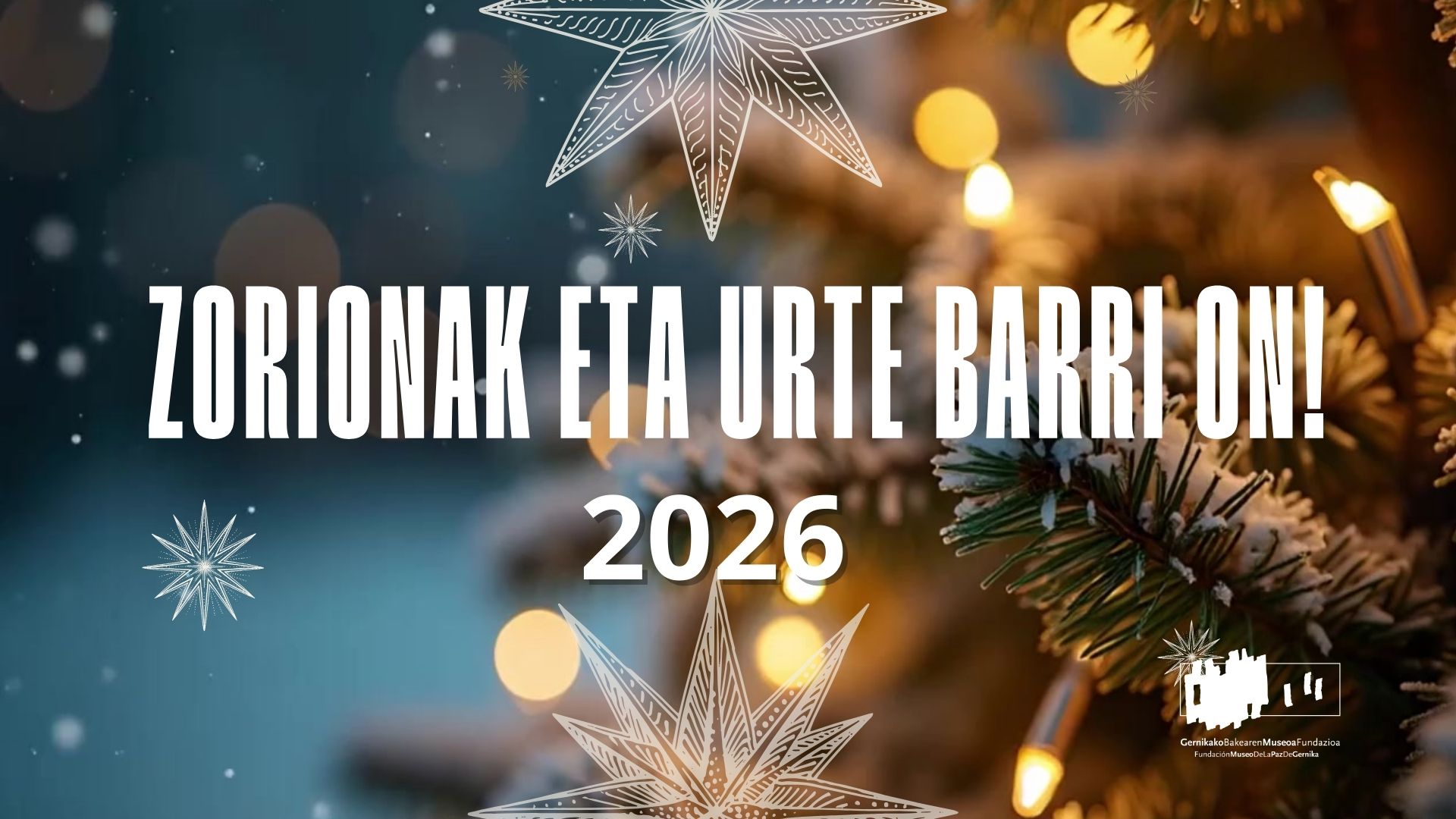
Happy New Year 2026
We wish you a Merry Christmas and a Happy New Year.

Museum closing days in December 2025 and January 2026
Museum closing days in December 2025 and January 2026
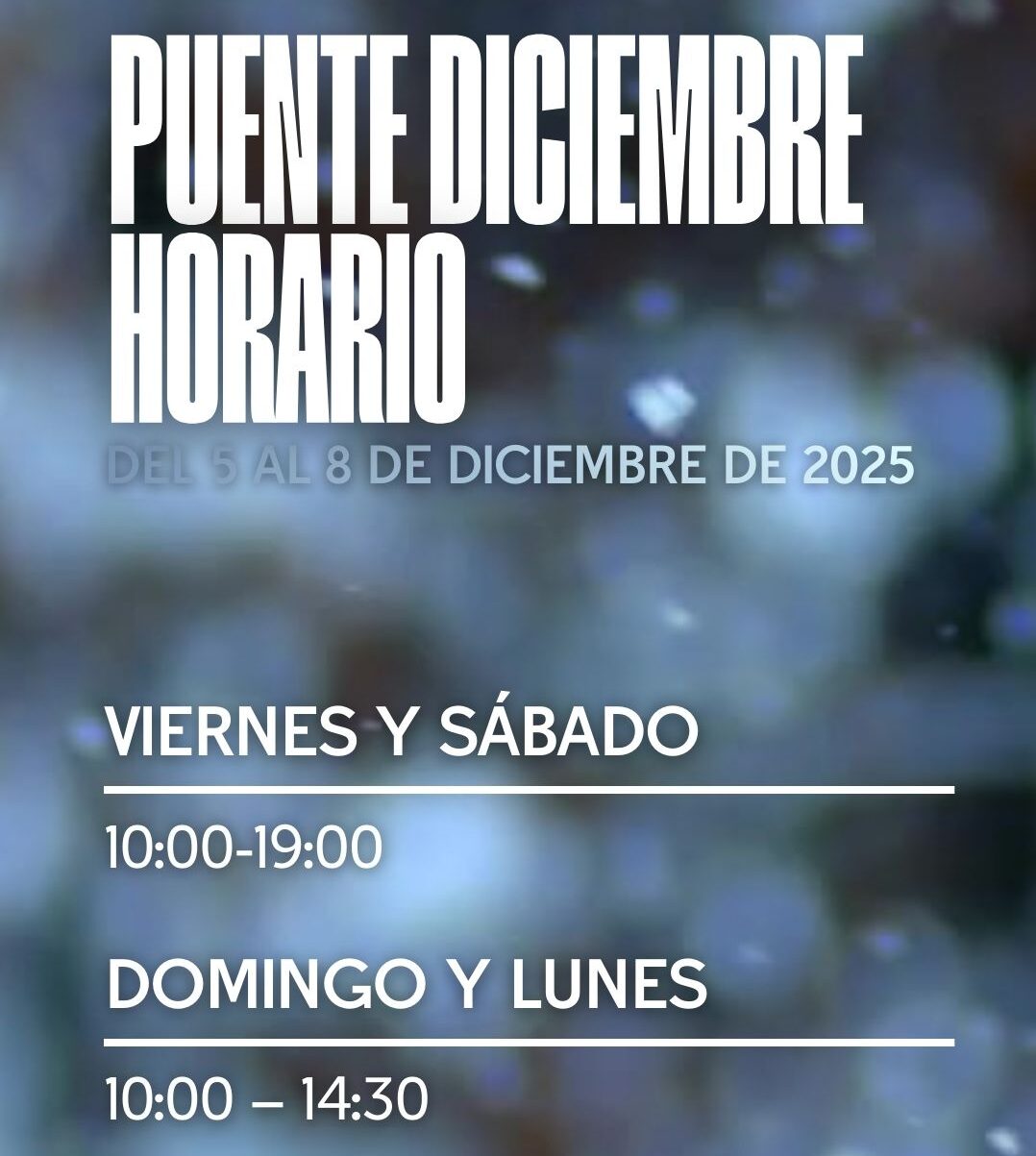
Timetable for the December long weekend (2025)
Timetable for the December long weekend will be…
